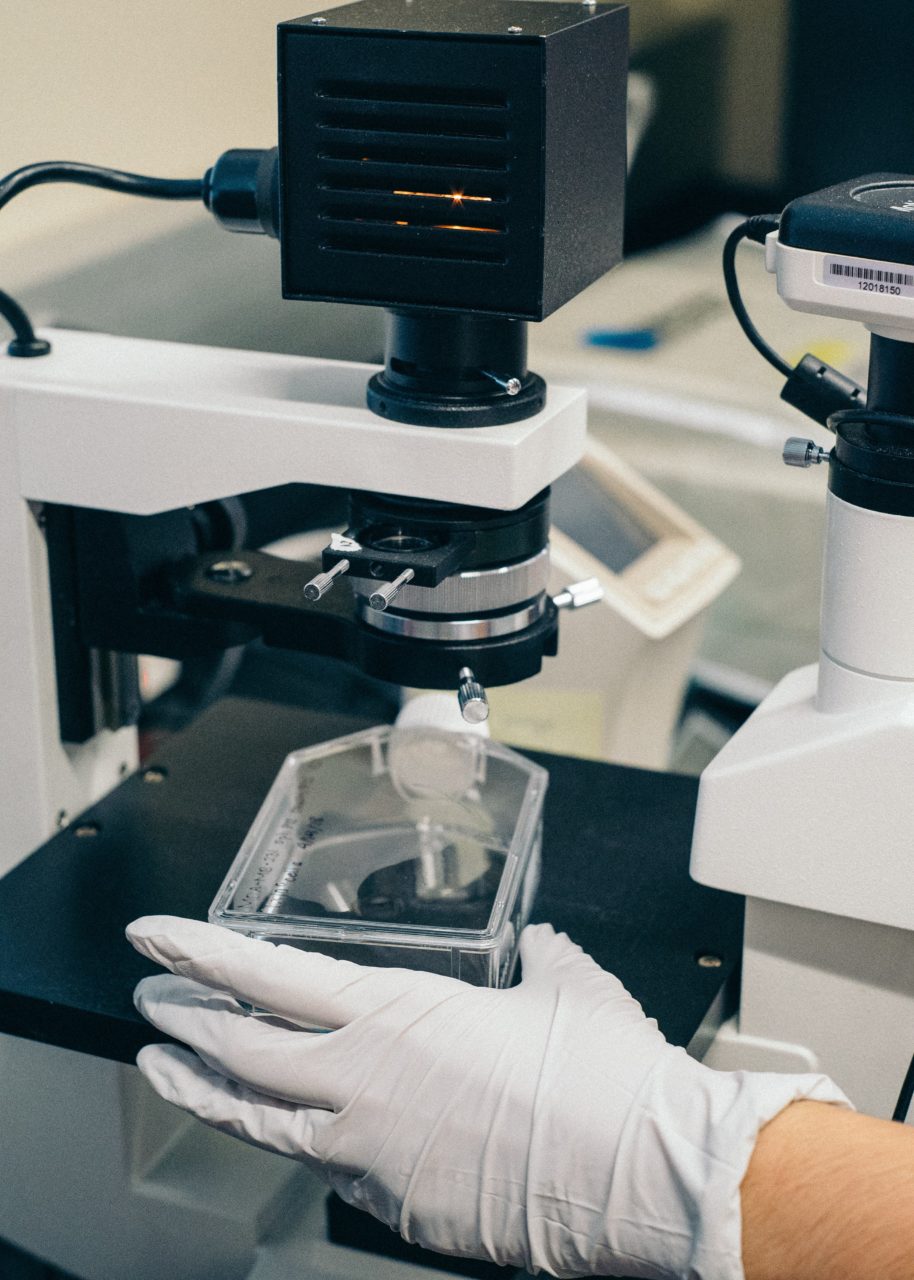Jobs in this Industry
IT Technician
Software Engineer
Web Developer
What is IT?
IT is the system that handles all computer and technology related matters. No matter how big or small the issue, when you work in an IT department, you will work alongside others to solve it. Most companies have digital components. IT professionals contribute to the business by ensuring that all their digital components are up to standard and are working.
Benefits of Being an IT Professional
The IT industry has several benefits that have made it a popular career choice. These benefits range from diverse job opportunities, high income and job stability.
Job Stability
Everyone fears being stuck in the same job title their entire career. However this does not apply to IT Careers. Since technology is constantly evolving and changing, so are the jobs. More than five million IT jobs are globally expected to be added to the IT industry by the year 2027. With hard work and determination you can work your way into several different jobs.
An Opportunity to Work in any Industry
Along with the freedom of job growth IT jobs also have a lot of job diversity. Being an IT professional means that you can work in any industry that needs websites, software and hardware databases and computer programming. Once you have built up enough experience, you can even start your own organisation that offers IT services to businesses.
Opportunity to Earn a Good Income
This is definitely the most exciting benefit that comes with IT. Although monthly earnings depend on your job title, qualification and your experience, because IT is such a crucial part of any business you can earn BIG! The estimated earnings for someone working in IT is R30,394. Click here to see estimated monthly salaries for jobs in IT.
What IT job Opportunities are There?
With such great job growth and diversity there are endless job opportunities to choose from within the IT department. Below are the top four IT jobs.
Software Developer: creates all computer applications for a business that allows the employees of the business to do specific tasks.
IT Manager: is the person responsible for distributing tasks to all IT employees of a company. The manager also sees that all tasks are completed and are done correctly.
Web Developer: takes care of all technical matters regarding a business’s website.
IT Technician: builds computer software and takes care of all technical issues that might occure.
What skills are Needed to be an IT Professional?
Having an IT certification on your CV and being good at your job will spark the interest of future employers. However, this is not enough to capture their attention. In order to be a working professional, you need certain soft skills that show employers that you will fit in with the culture of the business.
Here are skills that any IT professional should possess:
Communication Skills
This skill largely refers to written and verbal communication. In most businesses, IT departments are made up of teams. It is important to know how to communicate with fellow co-workers on a common level that meets both your and their understanding. Good communication promotes productivity.
Able to Learn and Share Knowledge
Although you have graduated from your IT course, it is important to keep yourself open to learning new things. Technological advancements are made daily, and constantly learning and adapting your skills will be a benefit to your career.
Negotiation Skills
Being able to negotiate in the IT industry can be a great benefit to you. Your negotiation skills will show clients and co-workers that you care about your reputation and standard of work.

Team work
With all the different jobs in an IT department it’s easy to shy away from co-workers that have different jobs than you. Showing team members and leaders that you can work with everyone regardless if their job is different from yours, is a good asset to have.
How do I Become an IT Professional?
Becoming an IT professional is not as complicated or complex as becoming a doctor. IT doesn’t necessarily require you to have a degree. However, a college education will help you get your foot in the door. Passion and Dedication are the two most important things you will need to become an IT professional.
Here are a few simple steps you can take to become an IT professional:
- Have a passion for technology and computers. This will show your dedication to learning new things and that you enjoy what you do.
- Surround yourself with people who have the same interest.
- Get a college education. Although your skills speak for you, having a college education on our CV does impress employers.
- Apply for internships and learnerships.
Functions of an IT Department
All businesses rely on computers and systems to connect them with customers and suppliers. In the IT department, you will ensure that a standard level of service, connectivity and security is maintained within the business. Your department will provide the business with the knowledge to outsmart, outpace and outdrive competitors.
Improve Business Operations
It’s important for a business to constantly and consistently improve. In IT you will contribute to this by creating new and interesting software and databases that make day-to-day operations faster for the business. An example of this would be creating an online program for employees to do training. Saving the business time and money on training.
Business Communications
With the rise of computers and technologies, communication has become IT’s most important role in a business. IT insures that the business can achieve communication at high speeds, through multiple channels all running at once.
Marketing Campaigns
With the evolution of technology, marketing campaigns are becoming more digital. With the knowledge and skills, businesses use IT employees to assist with their marketing. Here are a few ways that IT contributes to marketing.
Data Management
A very important function you will have to the business is data management. Both big and small businesses receive endless amounts of data on a daily basis. This data can be in the form of video data, written data and audio data. You will be responsible for ensuring that this exclusive data is kept safe from competitors. IT does this by creating a database.
Author: Tia Sauls
Last updated: August 21, 2020






